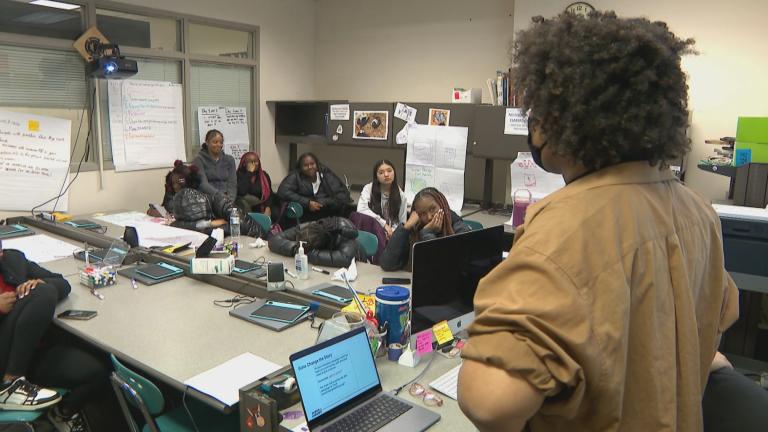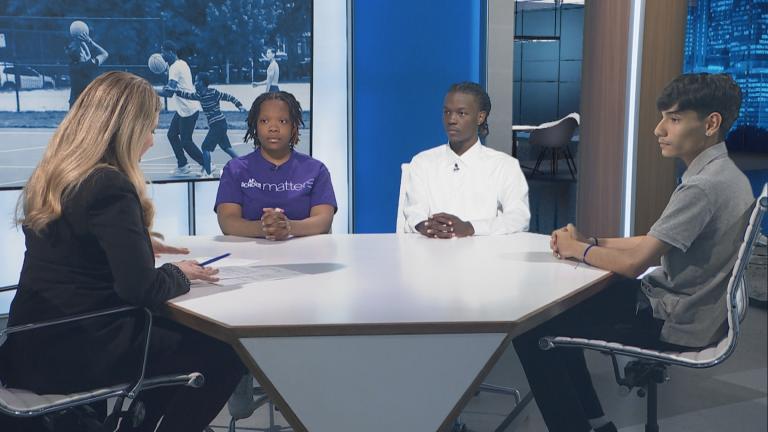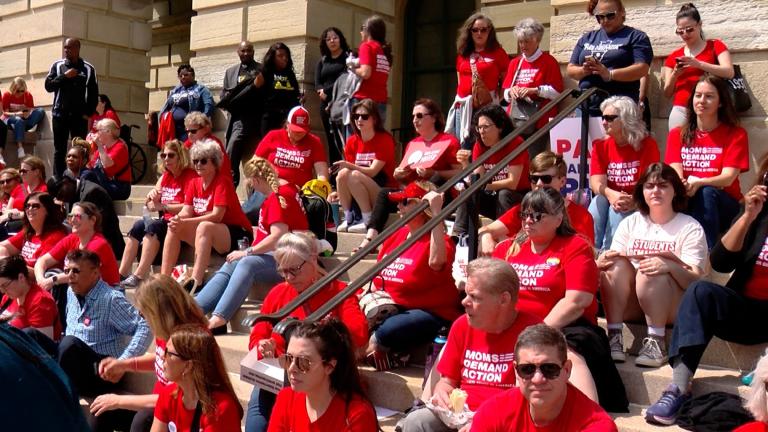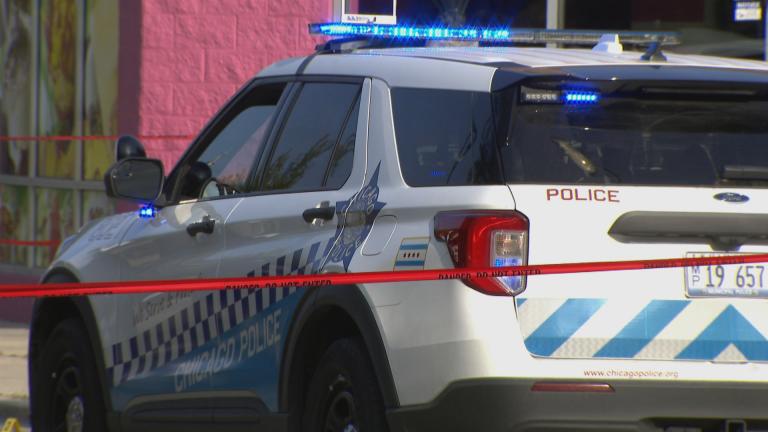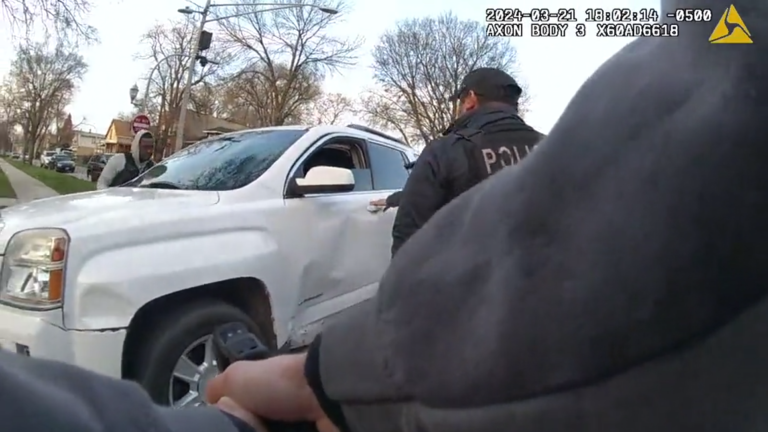More than 100 people were shot over the July 4th holiday weekend in Chicago.
Mayor Lori Lightfoot has continually laid blame on the courts for the city’s summer violence.
“Cook County has to open up for criminal trials,” Lightfoot said late last month. “The Chicago Police Department is doing its part. It’s investigating, it’s being proactive. It’s arresting people and bringing them to justice. But then the cases sit and sit. We have way too many people out on pre-trial release because the courts are effectively closed.”
Police Superintendent David Brown is also pointing his finger at the court system, saying people with violent charges are being released on electronic monitoring.
READ: Chicago’s Top Cop Says Courts ‘Making Us All Less Safe’ After Bloody Fourth of July Weekend
This past weekend, two people who were on electronic monitoring were arrested for violent crimes.
Cook County Public Defender Sharone Mitchell Jr. said people who are on pre-trial release represent a small fraction of arrests. A study from the University of Chicago Crime Lab that found that most of the participants who were monitored electronically were not rearrested during the study period. And people on pre-trial electronic monitoring accounted for less than 1% of felony gun arrests.
However, Brown on Tuesday continued to push the focus on the courts and people on pre-trial release.
“I hear a lot about what the state’s attorney is doing. She charged these people with murder that we’ve brought before them that we’ve arrested,” Brown said at a news conference. “And the courts released them back into the community, creating an unsafe environment for all of us in the crowd when retaliation occurs, when street justice occurs.”
Cook County State’s Attorney Kim Foxx said the data doesn’t substantiate the claims that Brown has made.
“As horrific as this past weekend was and for the loss of life in communities that have been disrupted and generations that have lost family members, we also must recognize, as heartbreaking as that is, that we have to tell the truth about what the data shows and what these policies are doing,” Foxx said.
Meanwhile, jury trials resumed in March after a yearlong delay due to the coronavirus pandemic.
Foxx says there is a backlog of thousands of cases due to the court slowdown. And with a recent Illinois Supreme Court announcement, the right to a speedy trial within 120 days if in custody and 160 days if out on bond is resuming Oct. 1.
“The backlog is significant,” Foxx said. “The system will be tested in ways it hasn’t been tested because the speedy trial will be lifted and thousands of cases that, while we’ve been working, have not been resolved in the course of the last 16 months.”

